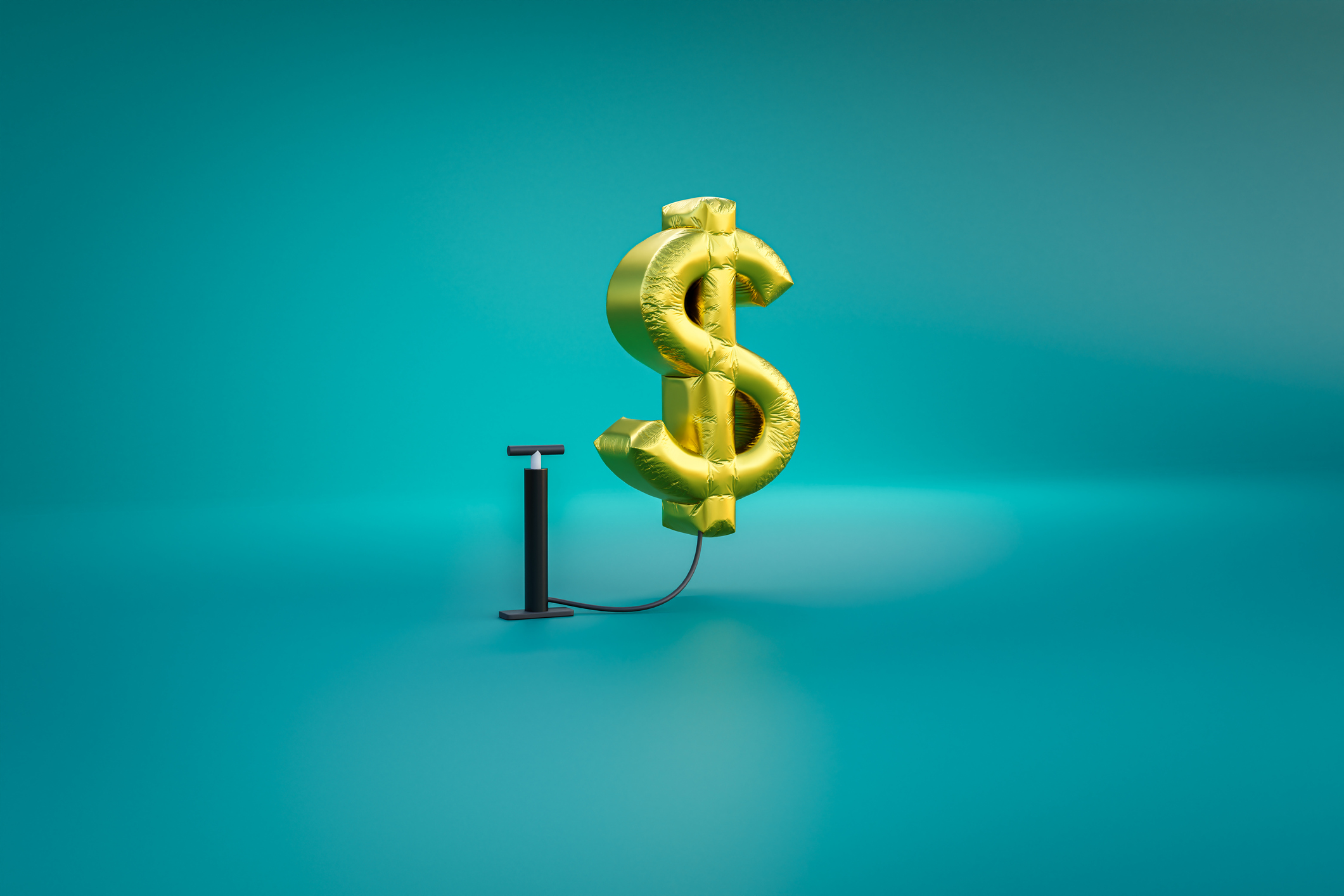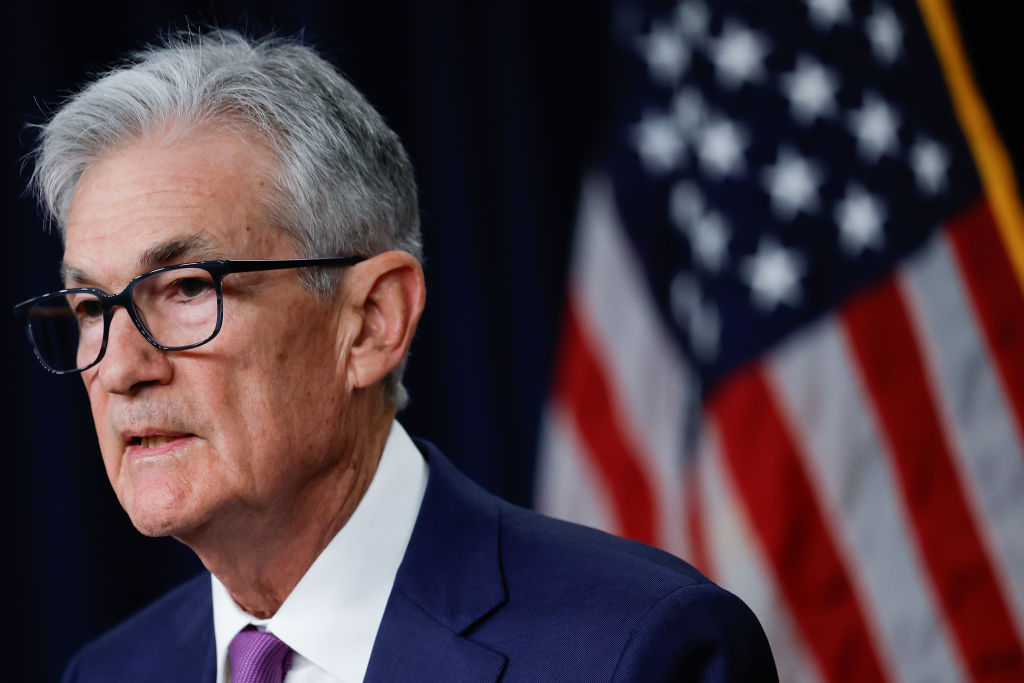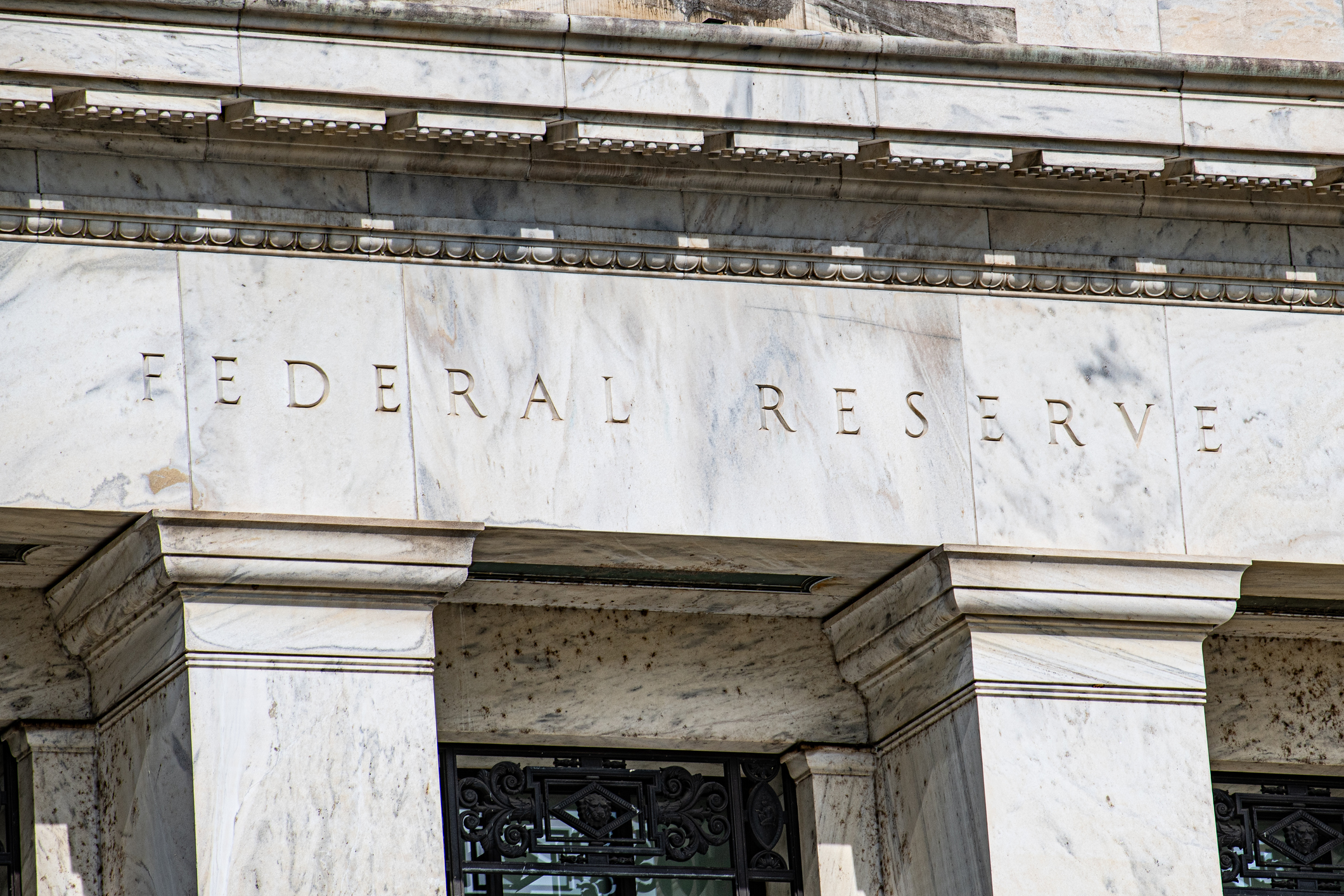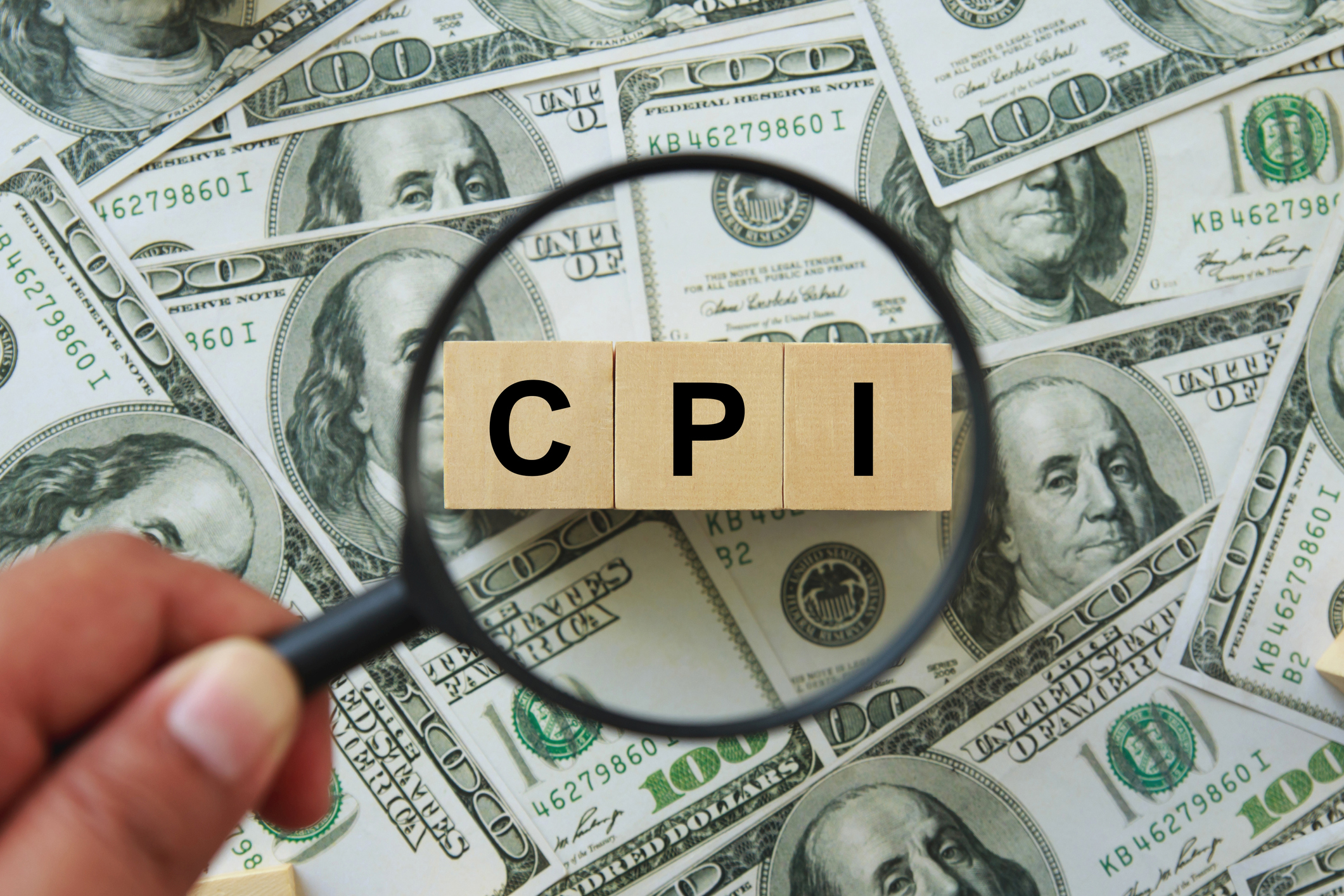Money Market Account or Money Market Fund? How to Choose
Whether you choose a money market account or money market fund largely depends on the money's purpose.


Profit and prosper with the best of Kiplinger's advice on investing, taxes, retirement, personal finance and much more. Delivered daily. Enter your email in the box and click Sign Me Up.
You are now subscribed
Your newsletter sign-up was successful
Want to add more newsletters?

Delivered daily
Kiplinger Today
Profit and prosper with the best of Kiplinger's advice on investing, taxes, retirement, personal finance and much more delivered daily. Smart money moves start here.

Sent five days a week
Kiplinger A Step Ahead
Get practical help to make better financial decisions in your everyday life, from spending to savings on top deals.

Delivered daily
Kiplinger Closing Bell
Get today's biggest financial and investing headlines delivered to your inbox every day the U.S. stock market is open.

Sent twice a week
Kiplinger Adviser Intel
Financial pros across the country share best practices and fresh tactics to preserve and grow your wealth.

Delivered weekly
Kiplinger Tax Tips
Trim your federal and state tax bills with practical tax-planning and tax-cutting strategies.

Sent twice a week
Kiplinger Retirement Tips
Your twice-a-week guide to planning and enjoying a financially secure and richly rewarding retirement

Sent bimonthly.
Kiplinger Adviser Angle
Insights for advisers, wealth managers and other financial professionals.

Sent twice a week
Kiplinger Investing Weekly
Your twice-a-week roundup of promising stocks, funds, companies and industries you should consider, ones you should avoid, and why.

Sent weekly for six weeks
Kiplinger Invest for Retirement
Your step-by-step six-part series on how to invest for retirement, from devising a successful strategy to exactly which investments to choose.
Two kinds of money market vehicles are money market mutual funds and money market accounts. If you're looking for a place to park your cash, the difference is often a point of confusion.
What are Money Market Accounts?
Banks and credit unions offer the deposit-account version, usually called a money market account or MMDA. These accounts come without market risk and are protected by the Federal Deposit Insurance Corp. (FDIC) see FDIC, NCUA and SPIC insurance: Coverage amounts and how it works.
From just $107.88 $24.99 for Kiplinger Personal Finance
Become a smarter, better informed investor. Subscribe from just $107.88 $24.99, plus get up to 4 Special Issues

Sign up for Kiplinger’s Free Newsletters
Profit and prosper with the best of expert advice on investing, taxes, retirement, personal finance and more - straight to your e-mail.
Profit and prosper with the best of expert advice - straight to your e-mail.
What are Money Market Funds?
The mutual fund version — often called a money market fund, or just money fund —holds such short-term investments as Treasury bills and other government securities, commercial paper, and certificates of deposit (CDs). Money market funds are low-risk — but they don’t match the safety of money market accounts, and they are not FDIC-insured.
Yields
When interest rates are low — as they were for years — money-fund yields fall more quickly than those of money market accounts. “Yields on bank deposits tend to lag the Fed, and that’s a benefit when rates are going down,” says Peter Crane, president of Crane Data, which tracks money market funds.
But, in a different economy, where the Fed has raised interest rates meeting after meeting, funds are competitive again. As the Crane ranking data shows, you could currently get as much as 4.71% on a taxable money fund, 2.44% on a tax-free fund and as much as 4.44% on a money market account.
Purpose
The decision of whether to use a money market fund or account largely boils down to the money’s purpose. For emergency savings or other cash that needs to be safe and readily accessible from your bank, a money market account makes sense.
Money that you may want to quickly move into the market — say, to scoop up stocks at low prices during a dip — is often best parked in a money market fund linked to the rest of your investment portfolio.
Read More
Profit and prosper with the best of Kiplinger's advice on investing, taxes, retirement, personal finance and much more. Delivered daily. Enter your email in the box and click Sign Me Up.

Lisa has been the editor of Kiplinger Personal Finance since June 2023. Previously, she spent more than a decade reporting and writing for the magazine on a variety of topics, including credit, banking and retirement. She has shared her expertise as a guest on the Today Show, CNN, Fox, NPR, Cheddar and many other media outlets around the nation. Lisa graduated from Ball State University and received the school’s “Graduate of the Last Decade” award in 2014. A military spouse, she has moved around the U.S. and currently lives in the Philadelphia area with her husband and two sons.
-
 Quiz: Do You Know How to Avoid the "Medigap Trap?"
Quiz: Do You Know How to Avoid the "Medigap Trap?"Quiz Test your basic knowledge of the "Medigap Trap" in our quick quiz.
-
 5 Top Tax-Efficient Mutual Funds for Smarter Investing
5 Top Tax-Efficient Mutual Funds for Smarter InvestingMutual funds are many things, but "tax-friendly" usually isn't one of them. These are the exceptions.
-
 AI Sparks Existential Crisis for Software Stocks
AI Sparks Existential Crisis for Software StocksThe Kiplinger Letter Fears that SaaS subscription software could be rendered obsolete by artificial intelligence make investors jittery.
-
 Big Change Coming to the Federal Reserve
Big Change Coming to the Federal ReserveThe Lette A new chairman of the Federal Reserve has been named. What will this mean for the economy?
-
 The December CPI Report Is Out. Here's What It Means for the Fed's Next Move
The December CPI Report Is Out. Here's What It Means for the Fed's Next MoveThe December CPI report came in lighter than expected, but housing costs remain an overhang.
-
 The November CPI Report Is Out. Here's What It Means for Rising Prices
The November CPI Report Is Out. Here's What It Means for Rising PricesThe November CPI report came in lighter than expected, but the delayed data give an incomplete picture of inflation, say economists.
-
 The Delayed September CPI Report is Out. Here's What it Signals for the Fed.
The Delayed September CPI Report is Out. Here's What it Signals for the Fed.The September CPI report showed that inflation remains tame – and all but confirms another rate cut from the Fed.
-
 Banks Are Sounding the Alarm About Stablecoins
Banks Are Sounding the Alarm About StablecoinsThe Kiplinger Letter The banking industry says stablecoins could have a negative impact on lending.
-
 What Will the Fed Do at Its Next Meeting?
What Will the Fed Do at Its Next Meeting?The Federal Reserve is expected to keep rates unchanged at the next Fed meeting.
-
 May Fed Meeting: Updates and Commentary
May Fed Meeting: Updates and CommentaryThe May Fed meeting came and went with little fanfare as Fed Chair Powell & Co. stuck to their data-dependent script toward interest rates amid tariff uncertainty. The May Fed meeting came and went with little fanfare as Fed Chair Powell & Co. stuck to their data-dependent script toward interest rates amid tariff uncertainty.
-
 CPI Report Puts the Kibosh on Rate Cuts: What the Experts Are Saying About Inflation
CPI Report Puts the Kibosh on Rate Cuts: What the Experts Are Saying About InflationCPI Consumer price inflation reared its ugly head to start the year, dashing hopes for the Fed to lower borrowing costs anytime soon.